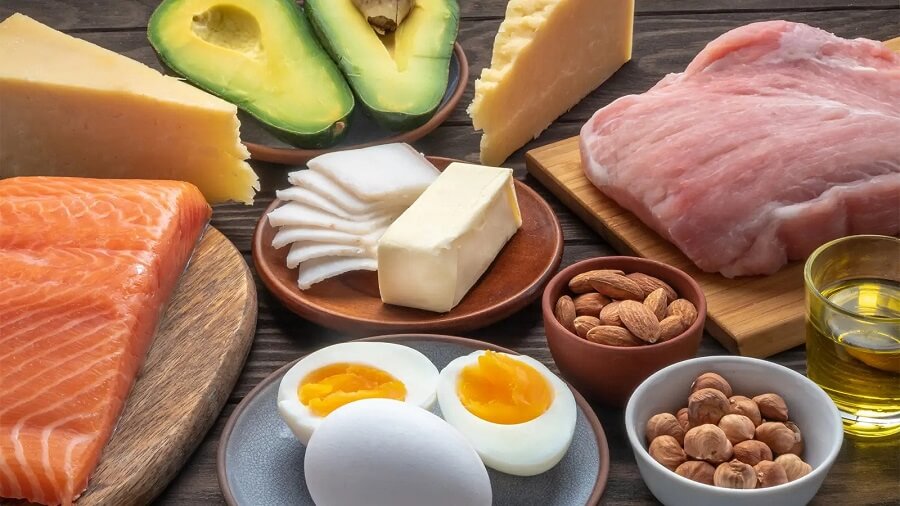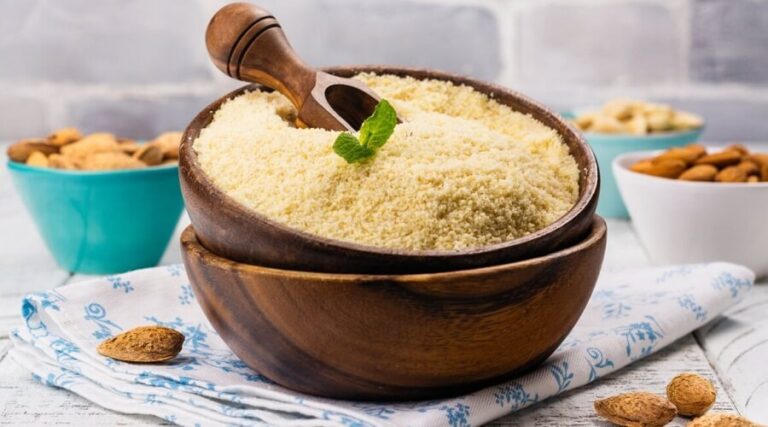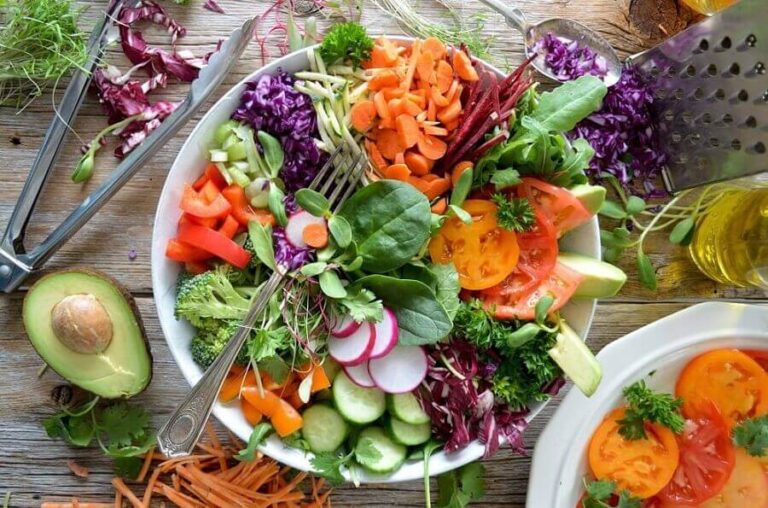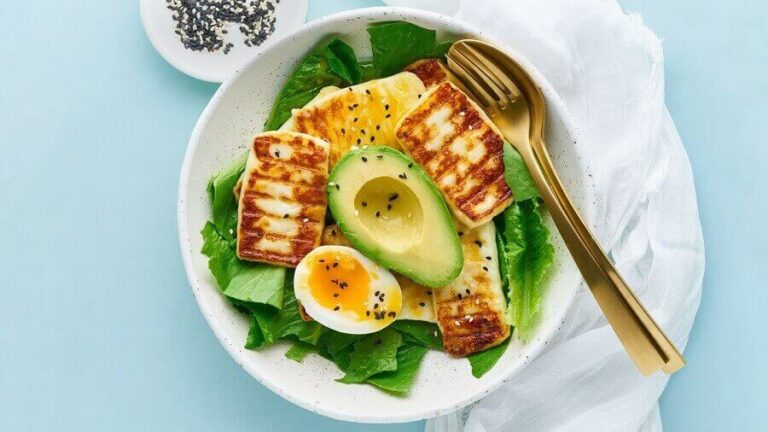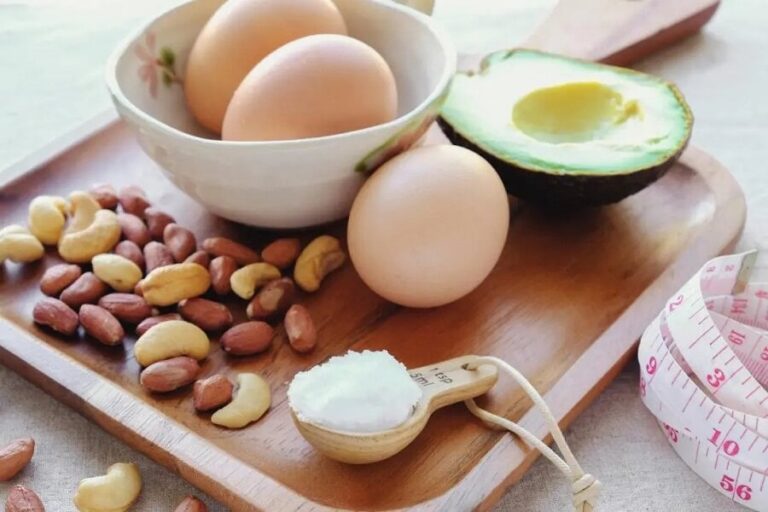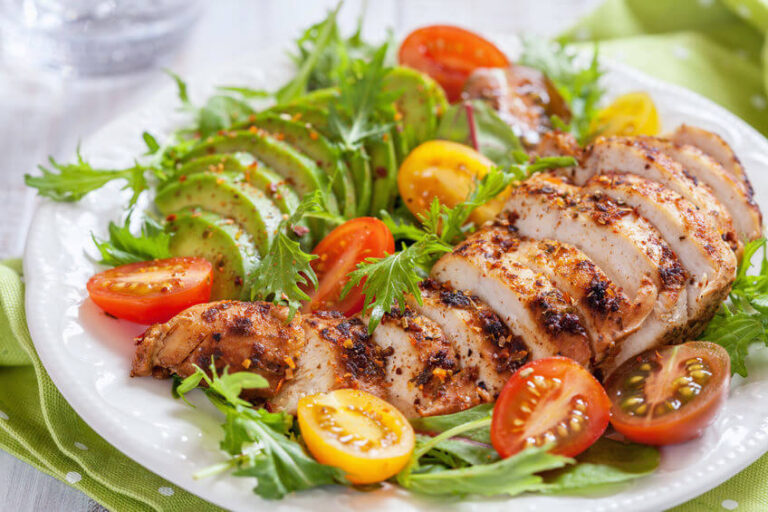The ketogenic diet, or keto, is a high-fat, moderate-protein, and low-carbohydrate eating plan. The goal of the project: is to change your body’s biochemistry and, in turn, lead to a loss of weight and body fat.
One of the advantages of the ketogenic diet is that cheese is not prohibited. Cheese is a perfect keto food – high in fat, moderate in protein, and low in carbohydrates.
Cheese can add flavor, variety, and new textures to your keto meals; just remember: cheese is not “unlimited” on a keto diet. It still contains calories and carbohydrates; it is also high in saturated fat, which is a less heart-healthy option than unsaturated fat.
If you have decided to add cheese to your keto menu, you should also know that not all cheeses are created equal. You need to know which cheeses to eat, which to limit, and which to skip entirely on a keto plan.
Types of cheeses allowed on the keto diet
While there are hundreds of types of cheese, the overall ratio of macronutrients in this food is typically 55-60% fat, 30-35% protein, and 5-10% carbohydrates.
Fortunately, therefore, most cheeses are allowed on the ketogenic diet. The exception: is those types of cheese that deviate from this proportion or contain starch or added sugar. Here are examples of ideal cheeses for the ketogenic diet:
- Parmesan cheese
Parmesan is perfect for adding a salty and nutty flavor to foods. According to the USDA, one tablespoon of this cheese contains 21 calories and 1.4 g of fat, 0.7 g of carbohydrates, and 1.4 g of protein. Tips: Make this cheese your best friend for salads, and try grating it yourself. Pre-grated Parmesan cheese may contain added starches to prevent sticking.
- Goat cheese
Goat cheese is an excellent option for those on the ketogenic diet. It contains zero carbs, making it a great way to hit your macros. Also, cheese made from goat’s milk contains less lactose (natural sugar in dairy) and proteins different from cow’s milk, making it easier to digest. (1)
- Cream cheese
Thanks to its nutritional profile, this is a favorite type of keto cheese. According to the USDA, one serving (28 grams) contains 84 calories, 8 g of fat, 1 g of carbohydrates, and 2 g of protein. If you’re not sure which brand of cream cheese to choose, opt for those containing natural probiotics – live bacteria with benefits for gut health.
- Blue cheese
High-end cheeses, like blue cheeses, give you the most for your money when it comes to flavor. They add a lot of flavor for a small amount. As for macros, they fit perfectly: one ounce has 100 calories, 0.7g of carbohydrates, 6g of protein, and 8g of fat, making it a tasty, low-carb option for snacking or topping on your favorite dishes.
- Gouda cheese
If you crave cheese on the keto diet, gouda is an ideal keto option. In addition to being a smoother and creamier option, this is a cheese that usually contains 0 grams of carbohydrates. Fact: When making Gouda cheese, some of the liquid whey is removed, replaced with warm water, and then drained. This helps remove the extra lactose.
RELATED:
- Keto Egg Fast – What Is It And How Is It Done?
- Ketogenic Diet – Weekly Menu for Beginners
- Keto diet shopping list
The worst cheeses for the ketogenic diet
While high-quality cheese is a healthy option, highly processed cheese foods are not.
Avoid fine cheeses and imitation cheeses. These are made in large batches in factories and typically contain unhealthy ingredients like artificial flavors, colors, preservatives, and even sugar or starch.
By eating these types of cheeses, you are adding additional “dirty” nutrients that your body does not recognize, and that can cause inflammation. Inflammation is linked to many health conditions, including cancers, infectious diseases, and autoimmune disorders. (2)
Therefore, although in terms of macros, they are still allowed keto cheeses, these types of cheeses should be avoided. Here are examples of cheeses not recommended for the keto diet:
- Spray cheese, ultra-processed cheeses, cheddar, American – contain poor ingredients.
- Although they are considered healthy, Ricotta and spread can be high in lactose; if you want to consume them, count their macros.
- Cheeses with starch or sugar – check the ingredients; these may appear in compact or melt types of cheese such as mozzarella.
RELATED: Ketogenic Diet and Fatty Liver
ABSTRACT
As a general rule of thumb, you can include any cheese on the keto diet as long as the total carbohydrate intake in the diet remains low enough to keep the body in ketosis.
However, there are reasons enough to avoid ultra-processed cheeses, both when doing the ketogenic diet and other types of eating plans.
If you’re experiencing gastrointestinal side effects, water retention, or if you find your results stagnate while on keto, you may want to take it easy on the cheese. Sometimes people lose weight much faster and feel better when they take out dairy. Discuss the role of dairy in your diet with your healthcare team.

